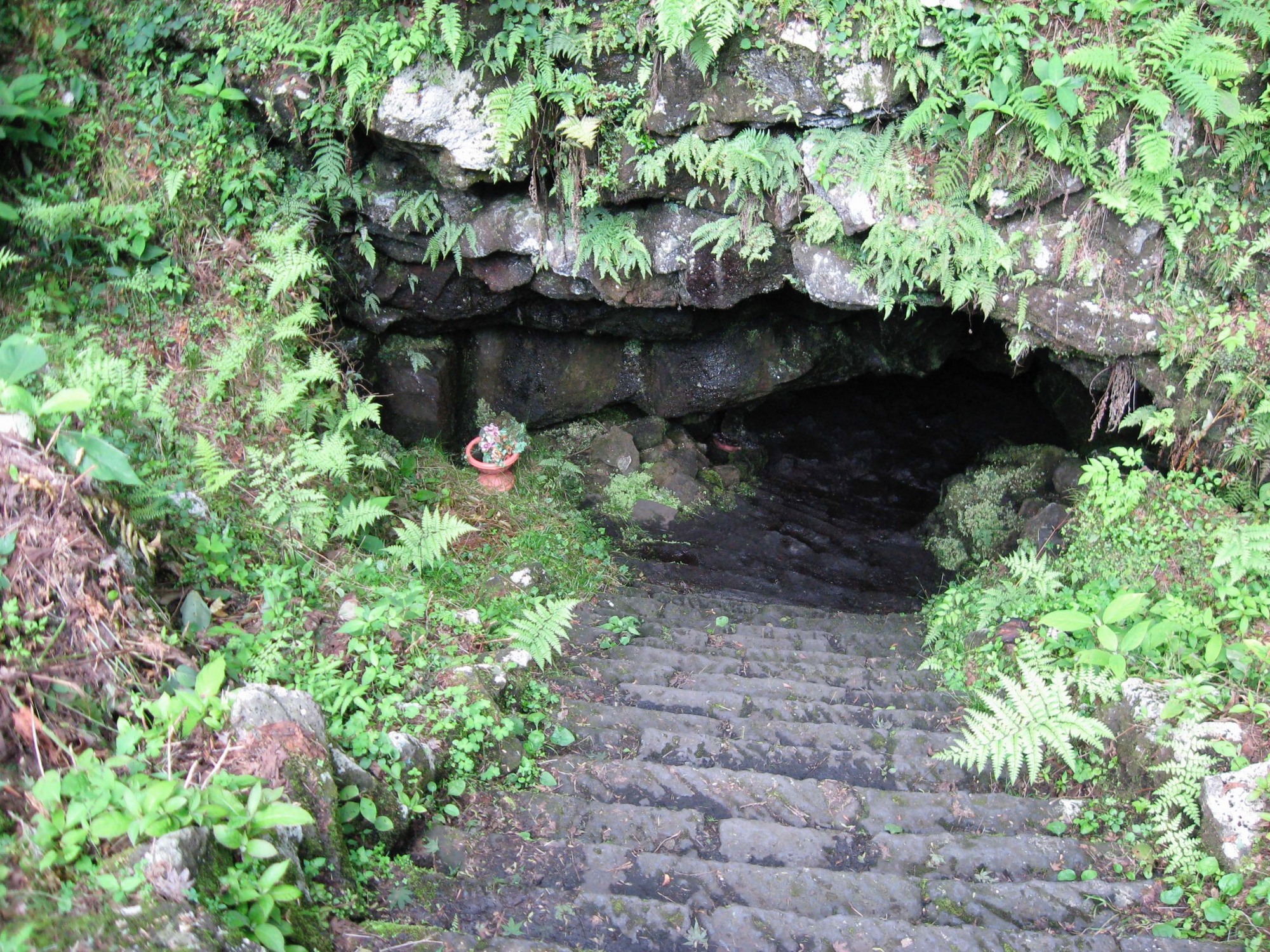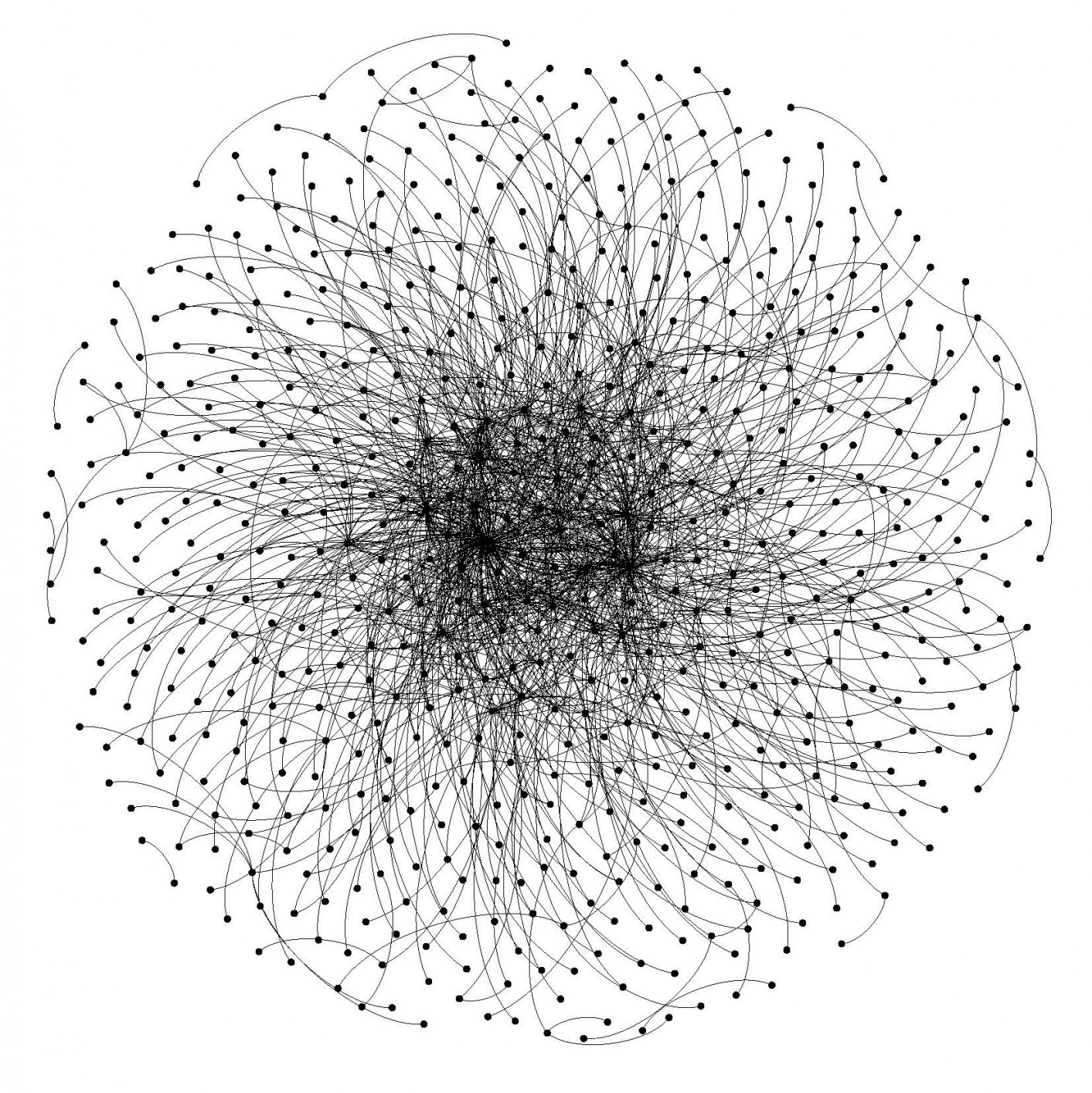Research
Mark S. Cladis
Brooke Russell Astor Professor of the Humanities

Mark Cladis recently completed his book manuscript, Radical Romanticism: Democracy, Religion, and the Environmental Imagination. Radical Romanticism is a less romantic Romanticism: it is not so much focused on sublime vistas but rather on poignant human encounters and events that bring attention to the experience of war, empire, misogyny, white supremacy, environmental degradation, and oppressive political and religious institutions. Radical Romanticism is an intellectual tradition, an aesthetic tradition, a way of life. It seeks to cultivate perspectives, practices, and affect that bring dignity and justice to the human and the more-than-human worlds. It acknowledges beauty and cruelty, hope and despair, wonder and uncertainty, mystery and knowledge, weaving these intricately together, depicting life in times of personal and public crisis, and fortifying our means of personal and public transformation. Radical Romanticism's hallmark is to link the cultivation of the heart (character) and a public language (civic engagement) to address such disasters as climate change and white nationalism. Additionally, in 2024 the following appeared in print: “The World in Ruins: Wordsworth, Du Bois, and Silko,” Soundings: An Interdisciplinary Journal (2022) 105 (4): 440–467, https://doi.org/10.5325/soundings.105.4.0440 ; “Leslie Silko: Nuclear Landscapes, Environmental Catastrophe, and the Power of Indigenous Storytelling,” Ecokritike 1 (2024): 35-58; “Dancing on a Flaming World: Du Bois’ Religiously Inflected Poetry and Creative Fiction,” Journal of the Academy of Religion 91 (2023): 408–429 https://doi.org/10.1093/jaarel/lfad078); and forthcoming: “The Black Ecofeminist Storytelling of Zora Neale Hurston,” Resistance: A Journal of Radical Environmental Humanities. He is currently writing a chapter titled, “A Durkheimian Environmental Social Theory” and another chapter titled, “Teaching Environmental Political Theory with a Dual Focus: The Cultivation of Dispositions and the Work of Institutional Change.” His new book project is titled, “Just Home: Place, Belonging, and Justice.”
Janine Anderson Sawada
Professor of Religious Studies & East Asian Studies

Michael Satlow
Dorot Professor of Judaic Studies and Religious Studies

Michael Satlow's research focuses on Jews and Judaism in antiquity, with special interest in social history. His last book, How the Bible Became Holy, explores the reception of the texts that would become biblical and then when and how both Jews and Christians gave it authority. Currently, he is currently finishing a synthetic study of "lived religion" in Late Antiquity. In the third to seventh centuries CE, when Jewish and Christian intellectuals were developing their own distinctive religious identities - in conversation and often conflict with each other and the so-called 'pagan' population - most people had a more fluid and shared understanding of their relationship with deities and other invisible beings.
His other area of current research involves digital humanities. He continues to work on a database, Inscriptions of Israel/Palestine and is using network analysis tools to analyze rabbinic literature. He has a special interest in the application of machine learning and generative AI to this literature as well.
Noah Tetenbaum
Graduate Student, Religions of the Ancient Mediterranean
Noah's research deals broadly with the intellectual history of the Jews of the medieval Islamic world. His dissertation focuses on perceptions of the ancient Jewish sacrificial cult among 10th-century Karaites, especially as expressed in their Arabic Bible commentaries and legal codes, and implications of those perceptions for Karaite notions of sacred history, community, and authority.
Saul M. Olyan
Samuel Ungerleider, Jr. Professor of Judaic Studies, and Professor of Religious Studies
At present, he is writing a new book entitled Animal Rights and the Hebrew Bible, which is under contract with Oxford University Press. In this book, he considers whether there are biblical texts that ascribe an implicit form of legal personhood as well as legal rights to animals and, if so, which rights, to which animals in particular—domesticated, wild, both— and for what purpose? He also explores how the evidence of the Hebrew Bible might contribute to contemporary debate about animal rights in the academy, in the courts, in the public square and in religious communities. He plans to finish the manuscript in 2022 when he is on sabbatical. His recent publications include two co-edited books (Animals and the Law in Antiquity, Brown Judaic Studies, 2021, with Jordan Rosenblum; Pain in Biblical Texts and Other Materials of the Ancient Mediterranean, Mohr/Siebeck, 2021, with Michaela Bauks) and his monograph Violent Rituals of the Hebrew Bible, Oxford University Press, 2019.
Stephen S. Bush
Professor and Chair of Religious Studies
Stephen S. Bush is presently working on "Regarding Humans Otherwise: The Aesthetic Transformation of Anthropocene Democracy." This book explores the status of "the human" (and associated terms, such as humanity, humanism, humanitarianism, and human rights) in light of criticisms by ecological thinkers, race theorists, and gender theorists, who hold that the category is implicitly white and masculine and explicitly anthropocentric. But can we conceive of democracy without a special privilege for humans? Drawing from resources in religion, the book argues for an aesthetic transformation (through art, literature, and in the flesh) of how we regard humans, in pursuit of a pluralistic, ecological democracy.
Nancy Khalek
Associate Professor of Religious Studies, Director of Graduate Studies
Nancy Khalek is currently working on a book about hope, fear, and pious ethical self-fashioning in the medieval Sunni Near East. The book brings together the history of emotions, medieval Islamic intellectual history, and the study of medieval Arabic texts in order to tease out how traditional ḥadīth works in the popular genre of "Exhortation and Dissuasion" reflect and relate to scholarly discourses in medieval theology and religious ethics on the nature of emotion and its utility for the formation of everyday religious subjectivity. As such, the book includes a new theory of "Emotive Exhortatory Piety", arguing for the particular role of emotions (especially hope and fear) in the construction of lay-piety in the medieval Islamic world.